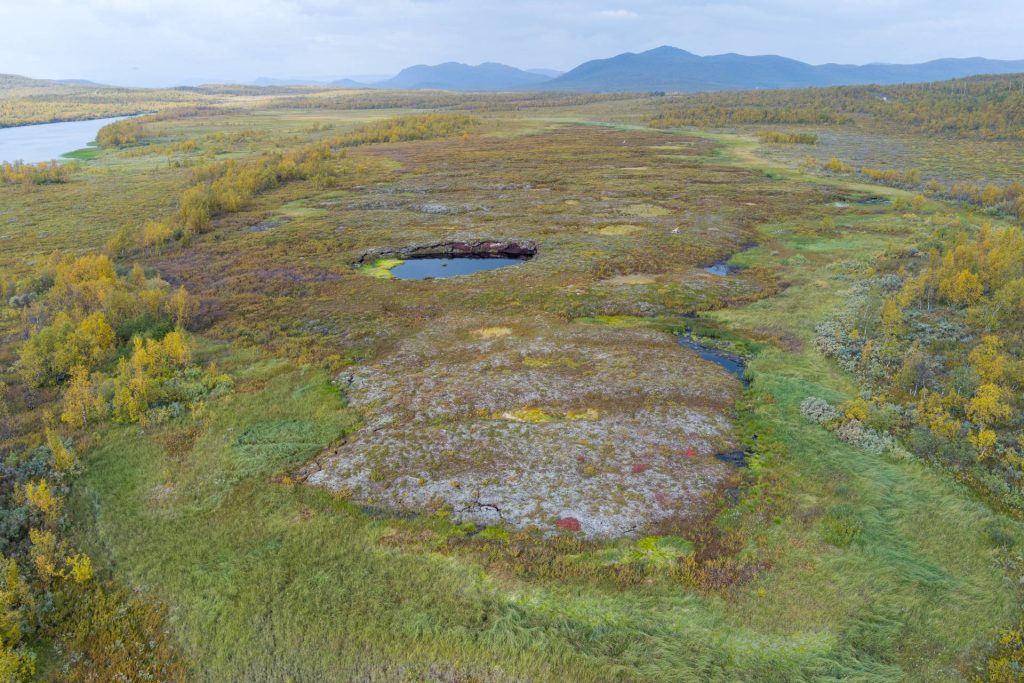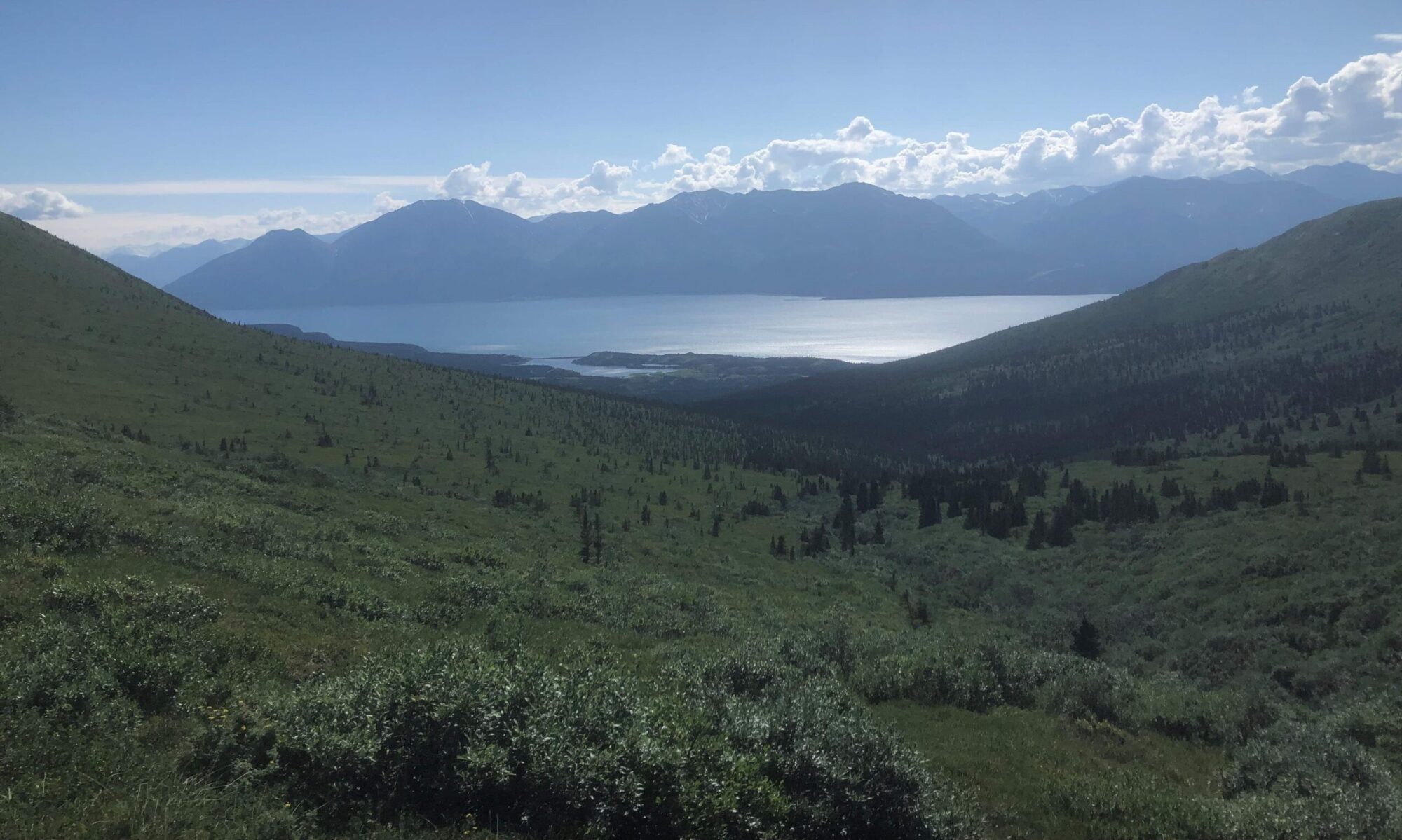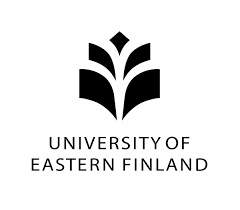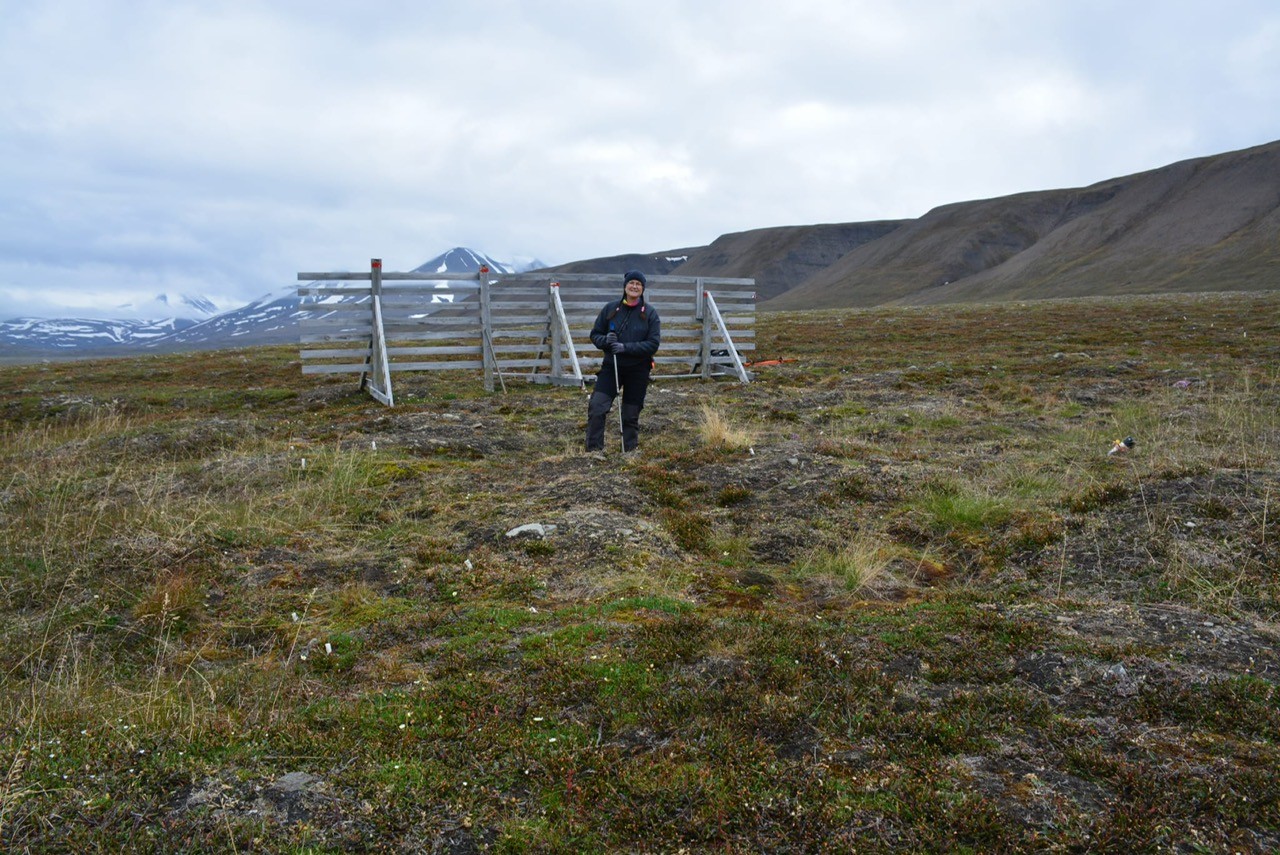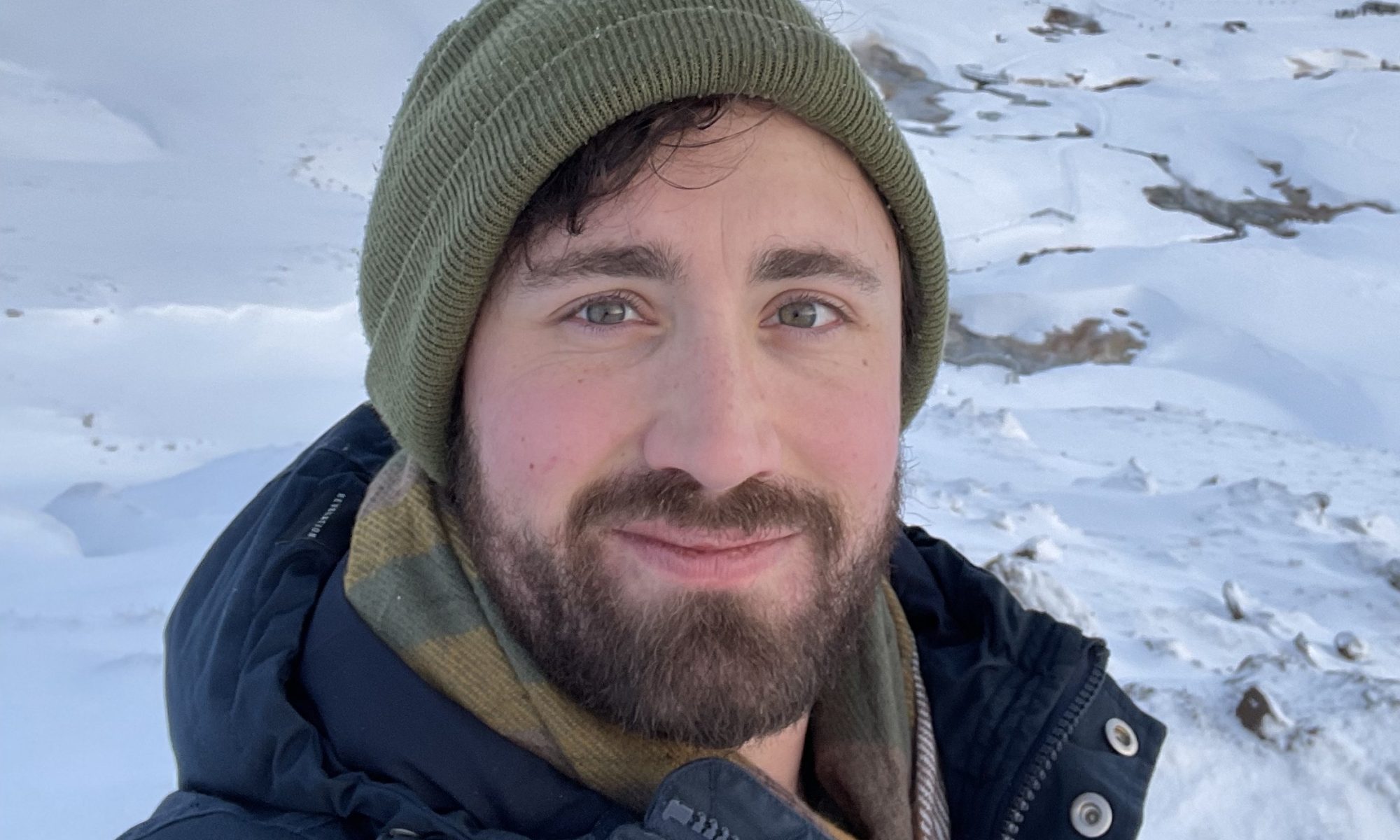Deadline: February 15, 2026
The Department of Geographical and Historical Studies at the University of Eastern Finland is seeking three motivated PhD researchers for projects on tundra and permafrost peatland changes in northern Finland:
- Doctoral Researcher (PhD student Remote sensing), Spatio-temporal dynamics of degrading palsa mires and their greenhouse gas fluxes across Fennoscandia (SPACEFEN) https://uef.varbi.com/what:job/jobID:891951/
- Doctoral Researcher (PhD student) position, Arctic plant community and trait ecology and carbon fluxes https://uef.varbi.com/what:job/jobID:886456/
- Doctoral Researcher (PhD student) position, remote sensing and spatial ecology of tundra vegetation https://uef.varbi.com/what:job/jobID:886438/
The application deadline is February 15, 2026
